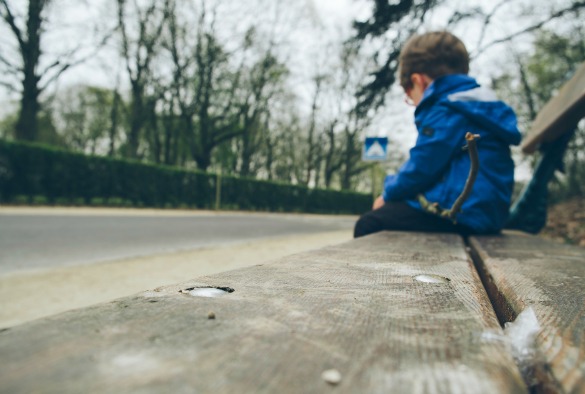
Professor Peter Kinderman, University of Liverpool’s Institute of Psychology, Health and Society:
“Today’s NSPCC report into professionals’ views of the adequacy of mental health care for children who have survived childhood sexual abuse is sobering and anger-inducing but not, to be honest, surprising.
“The NSPCC survey asked 1.256 professionals working with child survivors of sexual abuse (psychologists, teachers, GPs and social workers) and reported that 96% said there was insufficient help. As the NSPCC chief executive Peter Wanless said, this “shames the nation” – a state should be judged by the ways in which it protects, or fails to serve, the most vulnerable members of society. This neglect of the wellbeing of children is foolish as well as shameful. We know, including from research conducted at the University of Liverpool, that abuse, neglect and poverty can lead to a wide variety of problems in later life – unsurprisingly. So to neglect the needs of children who have survived such abuse merely leads to greater suffering later on.
“A second worrying aspect of the NSPCC report was the suggestion that children were effectively denied services until their problems became so great as to demand a response. So children were not only finding themselves in a situation where the therapeutic response which could have transformed their lives was denied to them, but some children were even reporting that they were forced into the situation where children were deliberately harming themselves in order to get access to help . It is utterly ridiculous, as well as cruel, to fail to invest properly in the psychological wellbeing of our children. It is also ridiculous to wait until children have already shown the signs of having been harmed by their experiences before we offer help.
“Children – all children, not just those who report sexual abuse – should be offered all the necessary services to help them develop their full potential in life and to live full, rounded, secure, confident adult lives. No professional, if the issue is given any serious thought at all, would design a system whereby children have to prove that they have been damaged before they can access the services that are supposed to protect them from harm. The UK is a very wealthy country. We have sufficient resources to equip nuclear-powered submarines carrying weapons of mass destruction to cruise the world’s oceans, at enormous expense. This investment is justified on the grounds that it is important to defend ourselves from harm.
“As the NSPCC report makes clear, everyday in families across the UK, children are being harmed. We need, as a nation, to invest in the safety, wellbeing and future potential of our children.”
